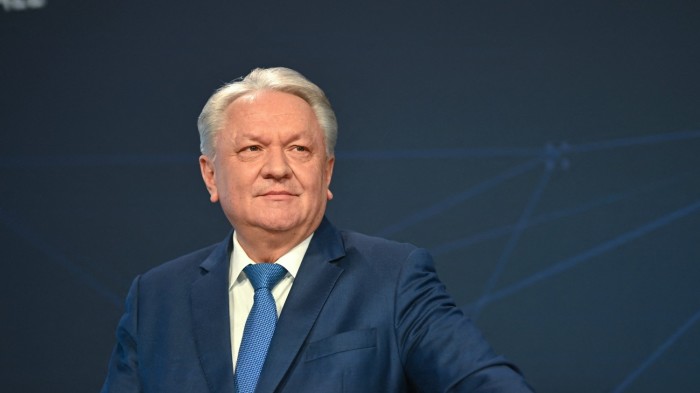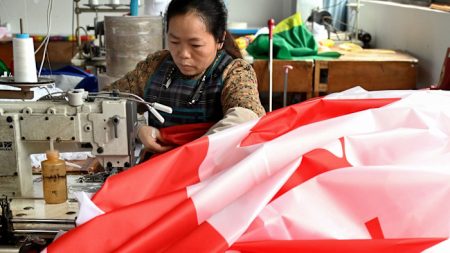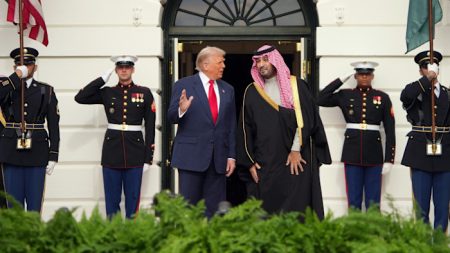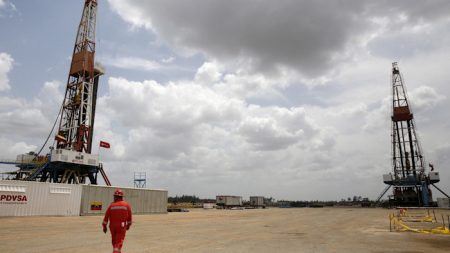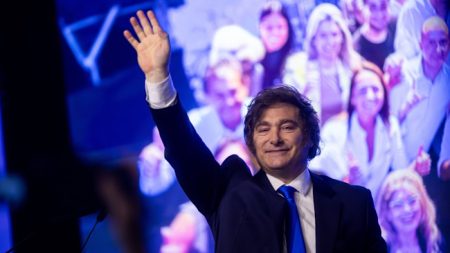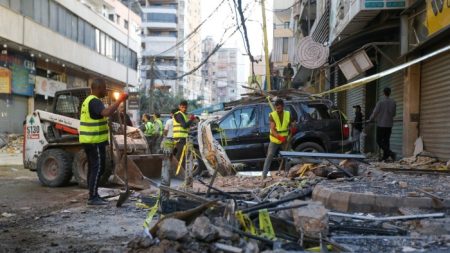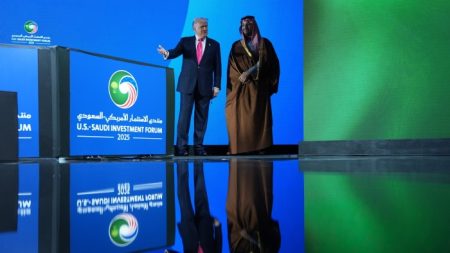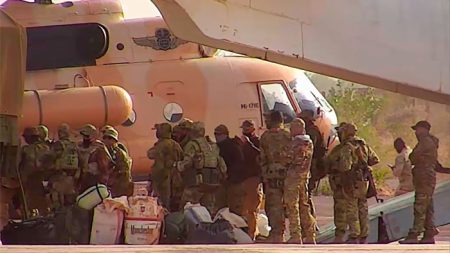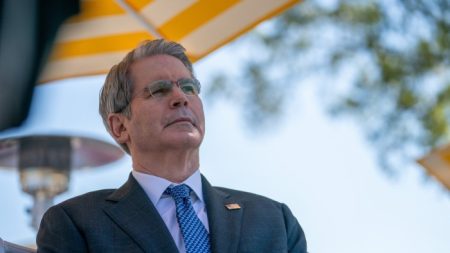Stay informed with free updates
Simply sign up to the War in Ukraine myFT Digest — delivered directly to your inbox.
European nations have been left at the kids’ table in talks over the future of Ukraine because of decades of under-investment in defence, the chief of Germany’s largest defence contractor has warned.
Armin Papperger, chief executive of Rheinmetall, said Europe had itself to blame for being sidelined from US President Donald Trump’s negotiations to end the war in Ukraine.
“If you don’t invest, if you’re not strong, they handle you like kids,” he told the Financial Times. “It was very convenient for the Europeans over the last 30 years to say, OK, spend 1 per cent [of GDP on defence], it’s fine.”
The consequence of that stance, Papperger said, was that Europeans were like children consigned to a separate table while the US and Russia engaged in discussions over Ukraine’s future.
“If parents have dinner, the kids have to sit at another table,” he said. “The US is negotiating with Russia and no European is at the table — it has become very clear that the Europeans are the kids,” he added on the sidelines of the Munich Security Conference.
Between 2021 and 2024, EU countries’ total defence spending rose by more than 30 per cent to an estimated €326bn, about 1.9 per cent of the bloc’s GDP, according to official data.
Trump has put heavy pressure on Nato members to increase their defence spending to as much as 5 per cent of GDP.
Papperger was speaking as European leaders reeled from Trump’s decision to call Vladimir Putin to start “immediate” negotiations over a deal to end the war in Ukraine without consulting Europe or Kyiv.
As European leaders grappled with how to ensure the continent’s security after US threats to drastically reduce its support, the outspoken defence executive said that demand for arms in the region would remain strong even in the event of a ceasefire between Ukraine and Russia.
“The Europeans and the Ukrainians have nothing in their depots,” he said, referring to low stocks of arms held on the continent.
Rheinmetall’s share price, which has nearly quadrupled since Russia’s full-scale invasion of Ukraine, initially fell after Trump’s plan for peace talks was announced last week.
But European defence stocks, including Rheinmetall, have rallied since then as investors bet that European governments would have to massively increase military spending in response to growing fears of a US retreat from its decades-long role as a guarantor of European security.
Papperger, who is believed to have been the target of a foiled assassination plot by Russia last year, voiced doubt that Trump’s peace talks would actually lead Russia to “stop firing”.
He said his company would benefit even if there was a ceasefire because Europe would continue to invest in weapons as it confronted the threat of Russian aggression.
“Even if the war [in Ukraine] stops — if we think that we have a very peaceful future, I think that’s wrong,” he said.
Germany, Europe’s largest economy, spent about 2 per cent of GDP on defence last year. Nato secretary-general Mark Rutte has said the alliance’s target would have to rise to “considerably more than 3 per cent”.
Papperger said that, following nationwide elections on Sunday, he expected Germany’s next government to rapidly relax strict debt rules to enable more defence spending, even though election frontrunner Friedrich Merz is officially committed to keeping them in place.
“I personally believe that will happen, and it will happen immediately,” he said.
Shares in European defence groups have soared since Russia’s full-scale invasion of Ukraine in 2022 and received a further boost on Monday after US vice-president JD Vance cast further uncertainty over the weekend on Washington’s commitment ensuring the continent’s security.
Rheinmetall has been one of the biggest beneficiaries of rising global insecurity. Papperger told the FT he expected annual sales worth €30bn to €40bn within the next five years — a sharp increase from the to €5.7bn the company reported in 2021, before Russia’s invasion of Ukraine.
Read the full article here





